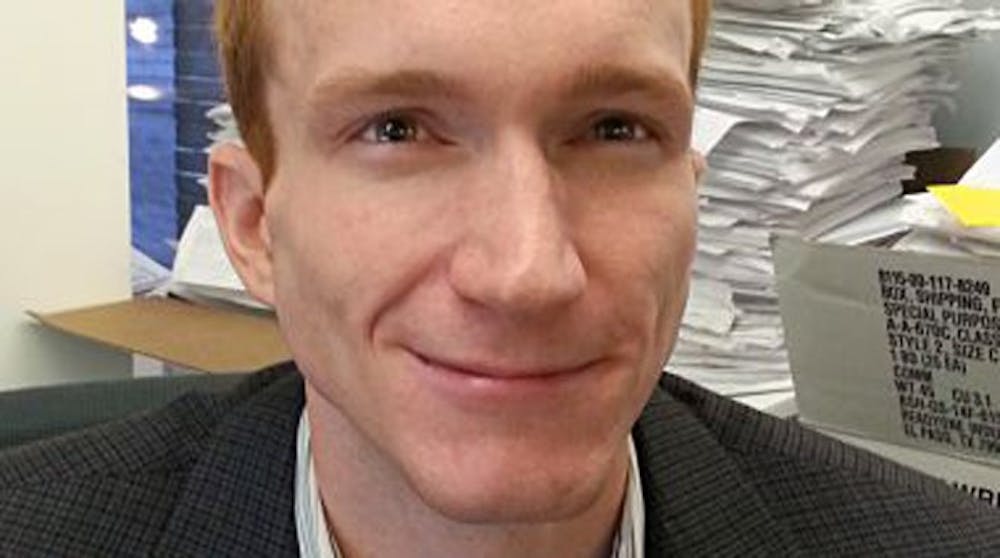Seven years ago, Chris Hamby was a journalism student at University of Richmond, and Monday he became a Pulitzer Prize winner for his work reporting on coal miners being denied benefits.
Hamby, 28, called winning the 2014 Pulitzer Prize for Investigative Reporting a shock.
"It's incredibly gratifying to see something that consumed your thoughts and emotions for at least a year be recognized at this level," he said.
Hamby works at The Center for Public Integrity in Washington, D.C., and his report earned the center's first Pulitzer Prize. He won the $10,000 award for his series, "Breathless and Burdened: Dying from Black Lung, Buried by Law and Medicine," a year-long investigation that was a three-part report on lawyers and doctors who rigged a system to deny benefits to coal miners who have black lung disease.
Hamby reviewed hidden legal filings and found that industry-hired lawyers left important evidence out of miners' cases, and doctors from Johns Hopkins Medicine denied the existence of black lung on X-rays when other experts did not.
He credits his time at Richmond with giving him a solid background in the essentials of aggressive but fair reporting.
"On questions of news judgment, ethics and story approach, I often return to the fundamentals I learned from Steve Nash, Tom Mullen and Mike Spear," Hamby said.
Journalism professor Mike Spear said Hamby as a student was "a subtly aggressive reporter who recognized early on what a good news story was."
Steve Nash, another professor Hamby mentioned, said he had been a guest lecturer in his class each of the past two years. He said Hamby told students about his pursuit of this particular series, and Nash said, "His dedication and skill were really an inspiration, and it's great to see him acknowledged by the Pulitzer board."
After his report was published, Hamby said the reaction was unexpected and overwhelming.
"We always hope that other people will care about the things we think are important, but that's often not the case. For some reason, this series seems to have hit a nerve," Hamby said.
The series did more than just hit a nerve. West Virginia lawyer disciplinary officials opened investigations into three lawyers before the story even came out, and within a week of publication Johns Hopkins suspended its black lung unit.
Enjoy what you're reading?
Signup for our newsletter
With the stories as a guide, U.S. senators crafted reform legislation and members of Congress called for a federal investigation. The Labor Department also used the series as a guide to announce initiatives to improve the quality of medical evidence miners have access to, and allow in some cases for government lawyers to intervene on a miner's behalf.
Despite the positive legislative fallout of Hamby's report, he said that the thanks from miners, clinic workers and advocates were the most rewarding part of publishing the stories.
"Hearing them tell how the stories had affected their lives and given them hope for justice reminded me why I got into journalism," Hamby said.
While Hamby has no specific plans for his next series, he said he hoped to continue to focus his reporting on silenced populations and their struggles.
Support independent student media
You can make a tax-deductible donation by clicking the button below, which takes you to our secure PayPal account. The page is set up to receive contributions in whatever amount you designate. We look forward to using the money we raise to further our mission of providing honest and accurate information to students, faculty, staff, alumni and others in the general public.
Donate Now



